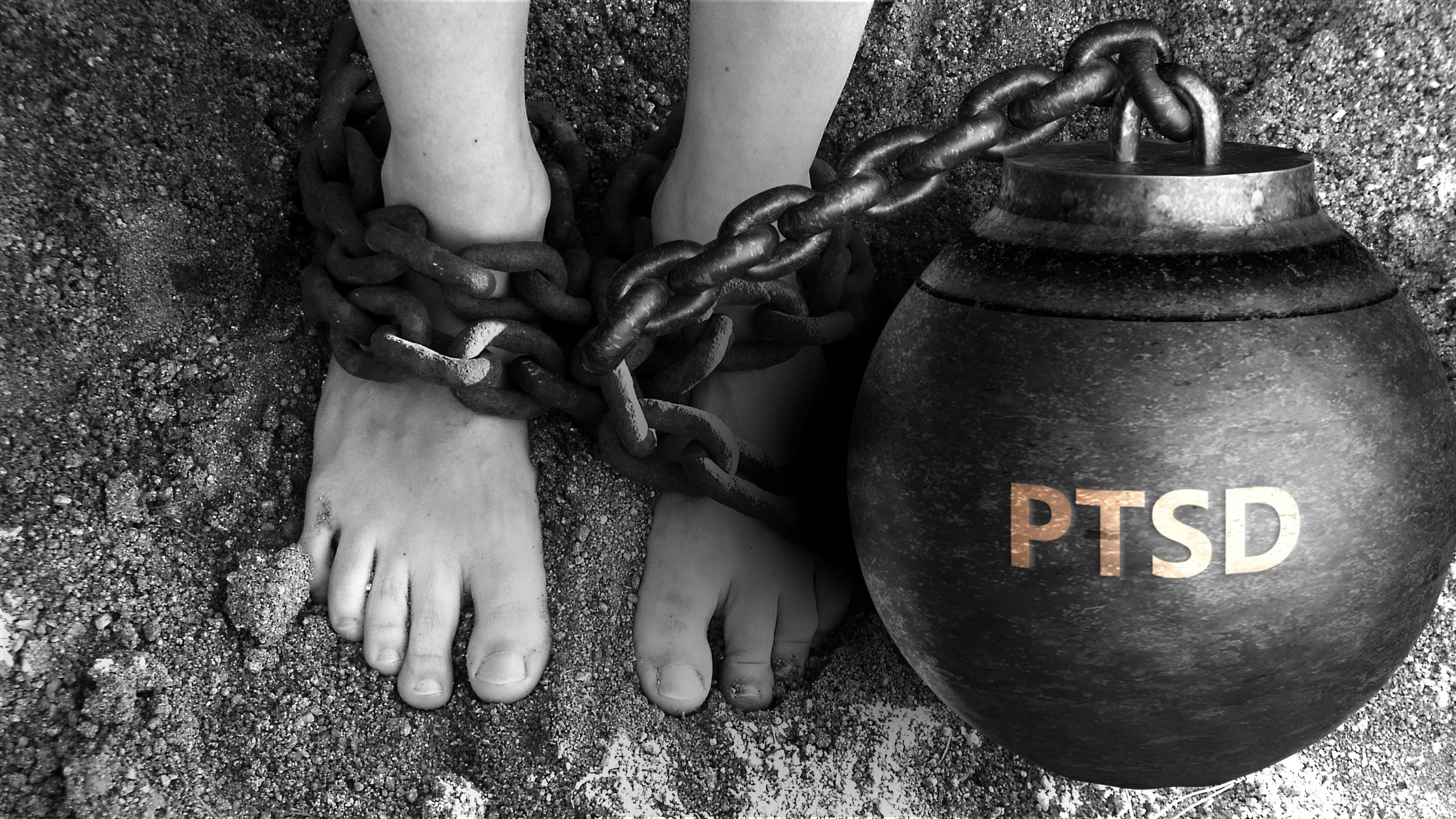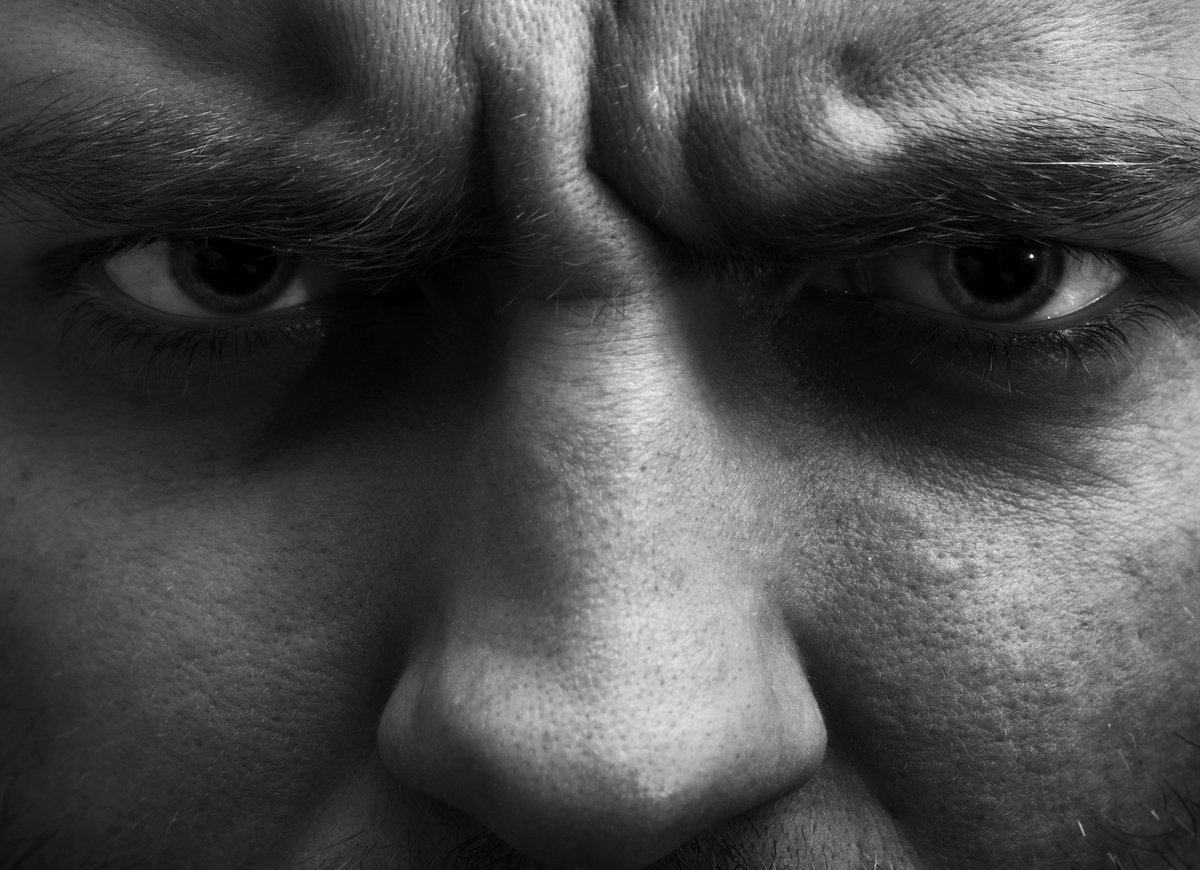For many with PTSD, life is exhausting and they are unable to enjoy things that used to bring happiness to their lives. PTSD is not something that can be turned on and off and affects most aspects of the sufferer’s life. In June we recognize PTSD awareness month. Even resilient people can suffer from PTSD, which is usually caused from witnessing or experiencing a traumatic event. The experiences of PTSD vary, but people with PTSD often adversely affect relationships with others. By better understanding the triggers of PTSD, those in a relationship with a PTSD sufferer can help them.
When a person has PTSD, their nervous system is “stuck” in a constant warning state. This state can cause the person to be frustrated, irritable, depressed, or distrustful, which can damage close relationships. However, with help from family and friends, the person can work to become “unstuck” and begin to heal from their PTSD.
To prevent PTSD from impacting relationships negatively, the family member or friend should become aware of the symptoms and causes. Individuals with PTSD may use coping mechanisms such as self-harm or substance abuse. Many symptoms are trigger through memories, emotions, physical touch, and the senses.
Avoidance, Hypervigilance, or a False Sense of Reality
A PTSD sufferer may dissociate themselves from the world. However, this can be harmful to relationships with the person stays in this stage long-term. Hypervigilance may show itself as the person displays behaviors indicating an inability to relax. The person may have difficulty sleeping, which can continue to affect them mentally and physically. A false sense of reality happens when the person views the world through a distorted perspective and grasps tightly to negative beliefs such as ‘I am a bad person’, ‘I will never get well’, or ‘The world is a dangerous place’. These thoughts can undermine connections and relationships with others, or even serve as self-fulfilling prophecies.
Triggers and Moods
If a PTSD sufferer is triggered, they may act out. THis might be by shouting, or punching a wall. The person is often not aware that they are simply responding to an unresolved trauma causing a mental health disorder. Instead, they may look to those around them and use them as a source of blame. Negative moods or feelings such as anger, fear, guilt, or shame often occur in those with PTSD. They may no longer show interest in activities that they used to enjoy, feel isolated, or depressed. Many are unable to feel positive emotions such as affection, joy, and happiness.
Maintaining Healthy Relationships
If you or a loved one needs professional help due to PTSD, please reach out. A mental health counselor can help the person regain control of the moods, emotions, and begin to enjoy life and personal relationships again. PTSD is not something that a person has to live with forever, and a licensed therapist can help replace unhealthy coping mechanisms with healthy patterns.





